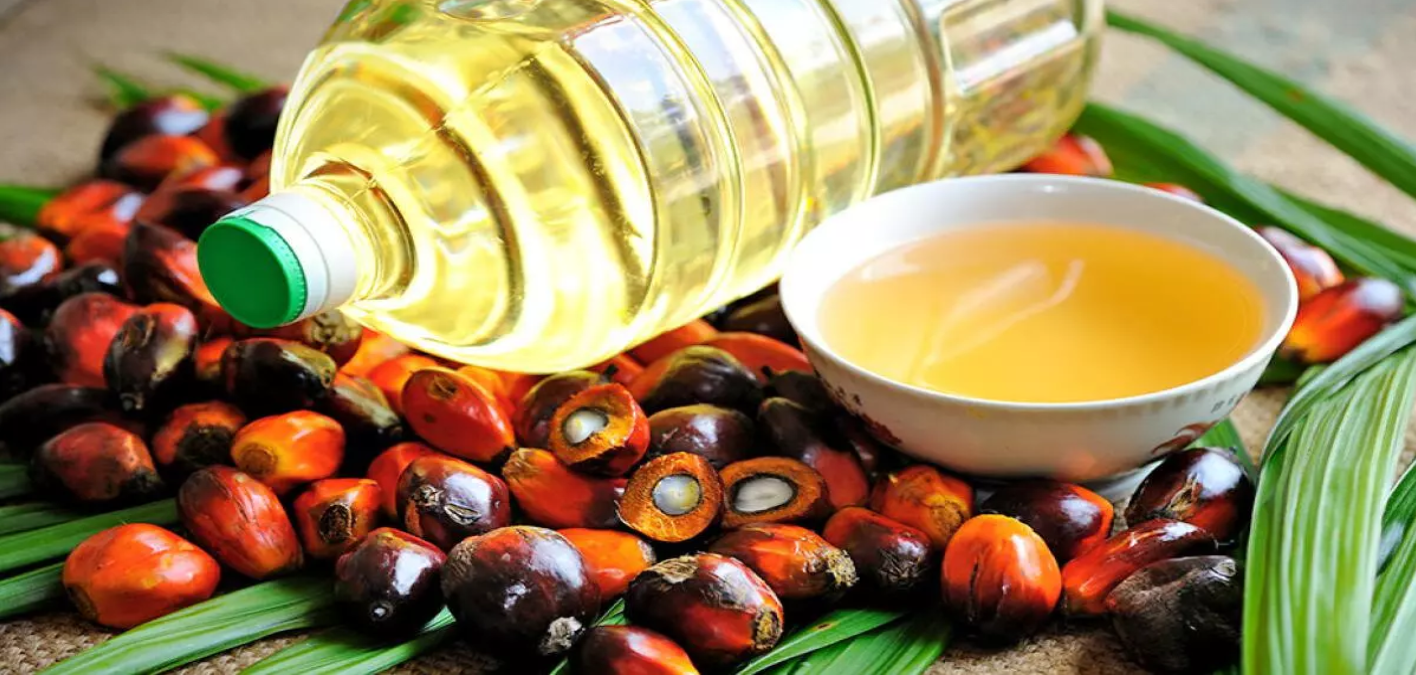Mustard bonanza to slash edible oil imports

The soaring demand for edible oil is driving a surge in domestic mustard oil production, leading to a decrease in reliance on imports.
The mustard oil consumption is also projected to increase due to higher domestic production, according to a Global Agricultural Network Information (GAIN) report.
The United States Department of Agriculture (USDA) published the report titled “Bangladesh: Oilseeds and Products Annual” on 19 March.
Of the oilseeds produced in Bangladesh, only mustard and sunflower are crushed for edible oil production and locally produced oilseeds meet about 15%-20% of the country’s edible oil requirements, it said.
The Department of Agricultural Extension (DAE) reported that in 2023-24 fiscal year, total of 1.34 million hectares of land has been brought under oilseed cultivation in the country with a total oilseed production target of 1.83 million tonnes, up by 31% and 29 %, respectively over FY2022-23.
The increase in oilseed acreage and production is mostly due to increased mustard cultivation.
The average yield of mustard in Bangladesh is about 1.3 tonnes per hectare. For Marketing Year (MY) 2024-25, Post forecasts the rapeseed harvested area at 1.15 million hectares and production at 1.48 million tonnes.
Post’s forecast for MY2024-25 harvested area and production is 44% higher than the MY2023-24 USDA estimate.
Dr Jahangir Alam Khan, an agro-economist and researcher, told the Daily Sun that farmers have started to cultivate mustard on more land due to the increasing price of edible oil in the country.
“Consumers are also witnessing that mustard oil is good for health and they’re consuming mustard oil instead of soybean oil. The growing domestic production is also saving foreign exchange by meeting the edible oil needs,” he said.
If the import dependency on edible oil decreases, there is no chance of any price hike by the syndicate in the country, Jahangir said, adding that it is possible to fulfil 50% of total domestic edible oil needs with local production by five years.
In Bangladesh, mustard oil has become very competitive since 2022 when the price of soybean oil reached a record high. Due to government initiatives, mustard cultivation has increased substantially in MY2022-23 and MY2023-24.
The rise in mustard oil production has led to a decrease in the demand for soybean oil in the local market.
With lower prices of palm oil, many consumers have switched from consuming soybean oil to palm oil. Post lowered its MY2023-24 soybean oil import estimate to 600,000 tonnes, down 12% from MY2022-23.
In MY2022-23, Bangladesh imported 48% of its crude soybean oil from Brazil, followed by Argentina (46%) and Paraguay (5%).
To reduce the import dependency of edible oil, the Ministry of Agriculture emphasised increasing the oilseed production in 2022. It formulated a three-year action plan with the goal of producing 40% of Bangladesh’s edible oil by 2025.
Based on the DAE’s crop production data, Post has increased its estimate of MY2023-24 mustard harvested area to 1.1 million hectares and production to 1.43 million tonnes, up 37% and 38%, respectively over USDA’s official estimates.
Bangladesh produces a variety of oilseed crops, including mustard, peanuts, sunflower, soybean and sesame. The largest oilseed produced in Bangladesh is mustard seed.
Post forecasts rapeseed (mustard) imports at 300,000 tonnes, the same as Post’s estimate of 300,000 tonnes for MY2023-24. In MY2023-24, Bangladesh anticipates record-high mustard production, which will further bolster the local supply. Based on the TDM, Post revised down its MY2022-23 rapeseed imports to 274,000 tonnes.
Australia is the preferred supplier in MY2022-23. According to the TDM, Bangladeshi importers preferred Australia for rapeseed of lower price and better logistics. Bangladesh imported 200,000 tonnes of rapeseed from Australia, while Canada supplied 53,000 tonnes. In MY2022-23, Ukraine also shipped 20,000 tonnes of rapeseed.
Source Link : https://www.daily-sun.com/post/740532

















